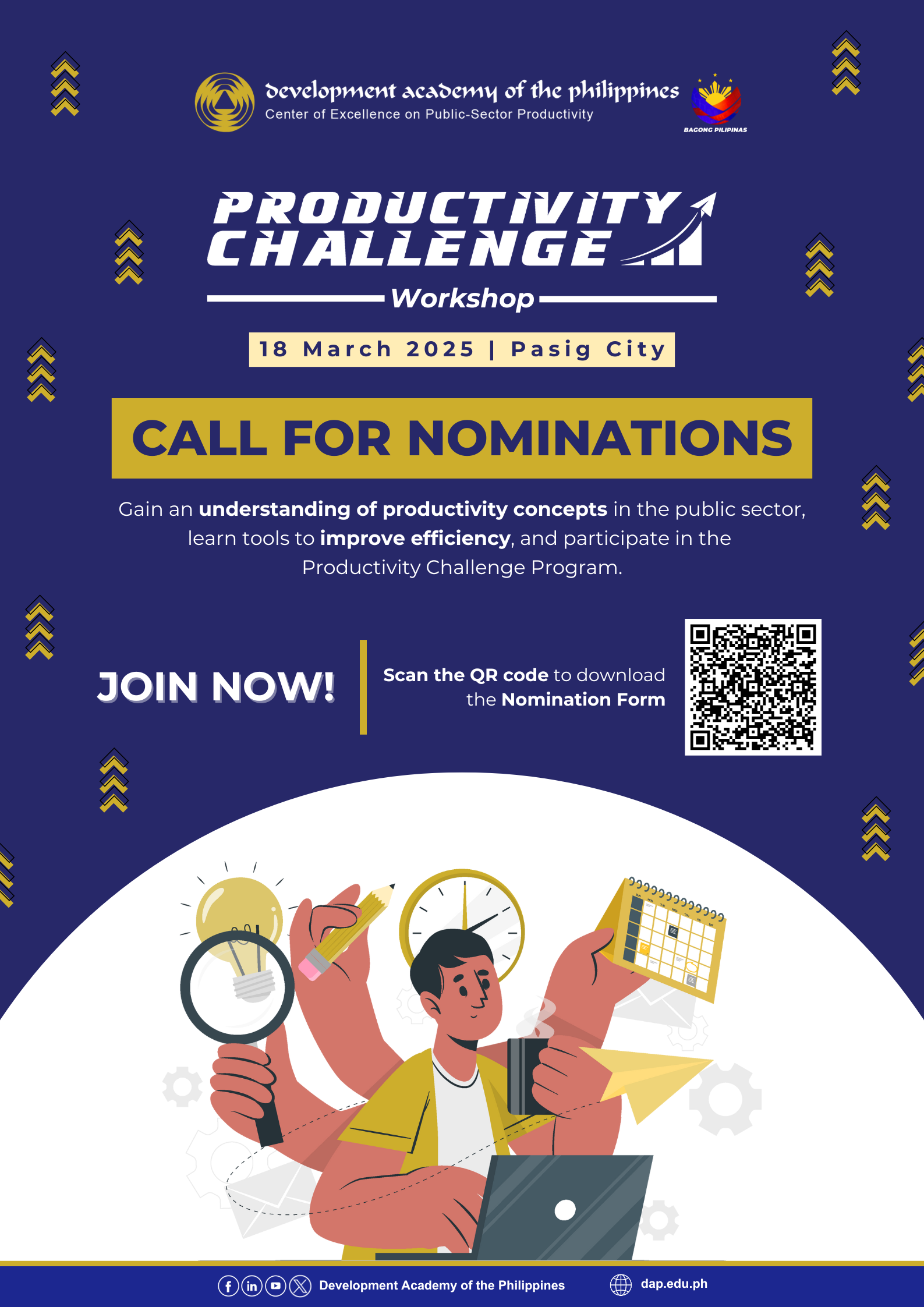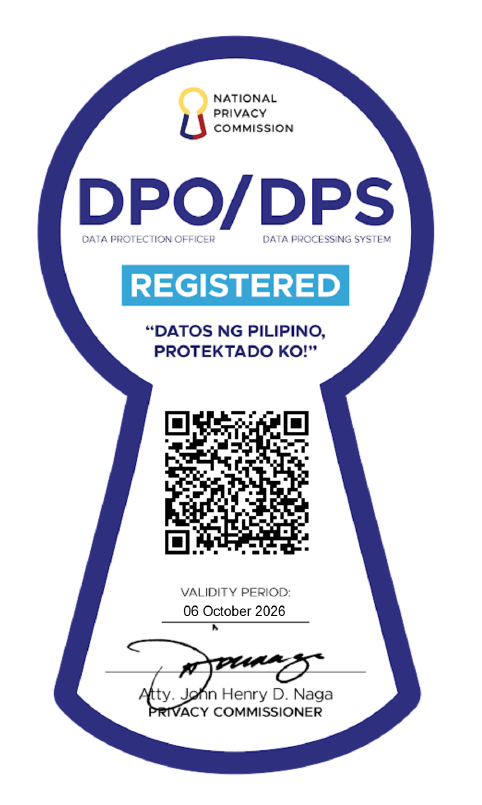
More than 120 DAPpers took time in the afternoon of February 20 to listen and get some invaluable insights about the male and female brain and behavior from famed psychologist Dr. Margarita “Margie” Holmes.
Dr. Holmes regaled a heterogeneous crowd that included middle-aged personnel and some very young adults with her frank assessment of the male and female psyche, interspersing her talk with the kind of uninhibited, vivid sexual flavor that made her famous.
The scene was the First Quarter Creative Session organized by the Gender and Development Focal Point or GAD Focal Point (GFP) entitled “Language of Men and Women (Similarities and Differences)” held at a festively-decorated Virata Hall.
Dr. Holmes, who rose to fame with her clinical, yet trailblazing column in the ‘90s that discussed sexual problems openly and helped create a niche for sexual discussions in the mainstream, said that there is no difference between the male and female brain.
No brain difference
“Based on neuroscience, the neural circuits for men and women are basically the same. There’s no such thing as male or female brains, and there is no left or right brain,” Holmes said. “But men and women behave differently. They’re different, for example, in communication. Men are usually authoritarian while women are generally consensual.”
She added that while men are also “reportorial, direct to the point, very competitive, commanding, and always work to find a solution,” women are wont to establish “rapport, are indirect, empathetic and tend to be a bridge-builder” more than their male counterparts.
The psychology graduate of the University of the Philippines, one of only seven from her 1973 class of more than 2,000 to earn magna cum laude honors, said that the difference in communication between men and women is a “function of nurture” and the way they were brought up and made to believe certain standards, along with such other factors as previous experience or history of dealing with a person similar to the one interacting with him or her, and the reputation of the people involved in the communication process, like a boss willing to listen or a subordinate who is willing to go to his or her boss.

Stronger urge
Dr. Holmes also confirmed, among other things, that based on socio-physiological factors, men tend to have a stronger sexual urge than their female counterparts. This, she said, is why men tend to be more polygamous than women, having the ability to engage in sex if it is there without worrying about the child-bearing consequences that females would have on the other hand.
Holmes advised the members of her audience to treat their partner as “your friend” rather than their lover as doing so would make one think less of his or herself, as friends usually do. She also advised them to know their partner’s “language of love,” getting more familiar with the other’s needs and desires, in order to maintain a harmonious relationship with each other.
Holmes, the author of 18 books, including the best-selling Life, Love and Lust: Straightforward Answers to Provocative Questions, is regarded as the foremost and most popular psychologist specializing in sex in the Philippines. From her pioneering days as a columnist for the Philippine Daily Inquirer, she went on to become an internationally renowned authority in her field.
GAD Focal Point headliner
She now serves as consultant for the Department of Health, an adjunct professor at the Pamantasan ng Lungsod ng Maynila, and a columnist for Rappler.com and Abante, among others. The GFP invited her to headline its activity for the first quarter that also saw the recently-created advocacy group fete DAP birthday celebrants for the first quarter after the program that featured Dr. Holmes, who came with her American husband Jeremy Baer.
The group, formally called the DAP Gender and Development Focal Point Core Team or GDFPCT, was created last November in compliance with the implementing rules and regulations of Republic Act No. 9710, Section 36, otherwise known as the “Magna Carta of Women.” It is championed by DAP President Antonio D. Kalaw Jr. and chaired by Senior Vice President for Services Bernardo Dizon, with Human Resource Management and Development Department Managing Director Ma. Felisa Magud as vice chairperson.
Members
The rest of the GDFPCT are Joyce Bauyon, Kristine Lorainne Agunod, Bonita Rhed Elinoe Palad and Narciso Perea of the HRMDD, Lolita Alcantara of Corporate Operations and Strategy Management, Dianne Delfin of the Center for Organizational Development, Lea Peralta and Leanne Kym Jane Lozañes of the Productivity and Development Center, Jenneffer Casalan and Justine Imbag of the Sustainable Human Development Program, Alexandria Mae Singalong and Alyssa Mari Reyes of DAPCC Tagaytay, Anna Cecilia Paeste and Roselle Munsayac of the Office of the President, Marjorie Estur of the Registrar, Angel Clemente and Arlene Tayag of DAPCC Pasig, Gerald Macabinquil of the Graduate School of Public and Development Management, Marjorie Waje of Administration, and Alberto Ramirez of Corporate Communications.
The GFP is tasked with ensuring and sustaining the DAP’s “critical consciousness and support on women and gender issues,” taking a lead role in direction setting, advocacy, planning, monitoring and evaluation, and providing technical advisory on mainstreaming GAD perspectives in the DAP’s programs, projects, activities and processes.




